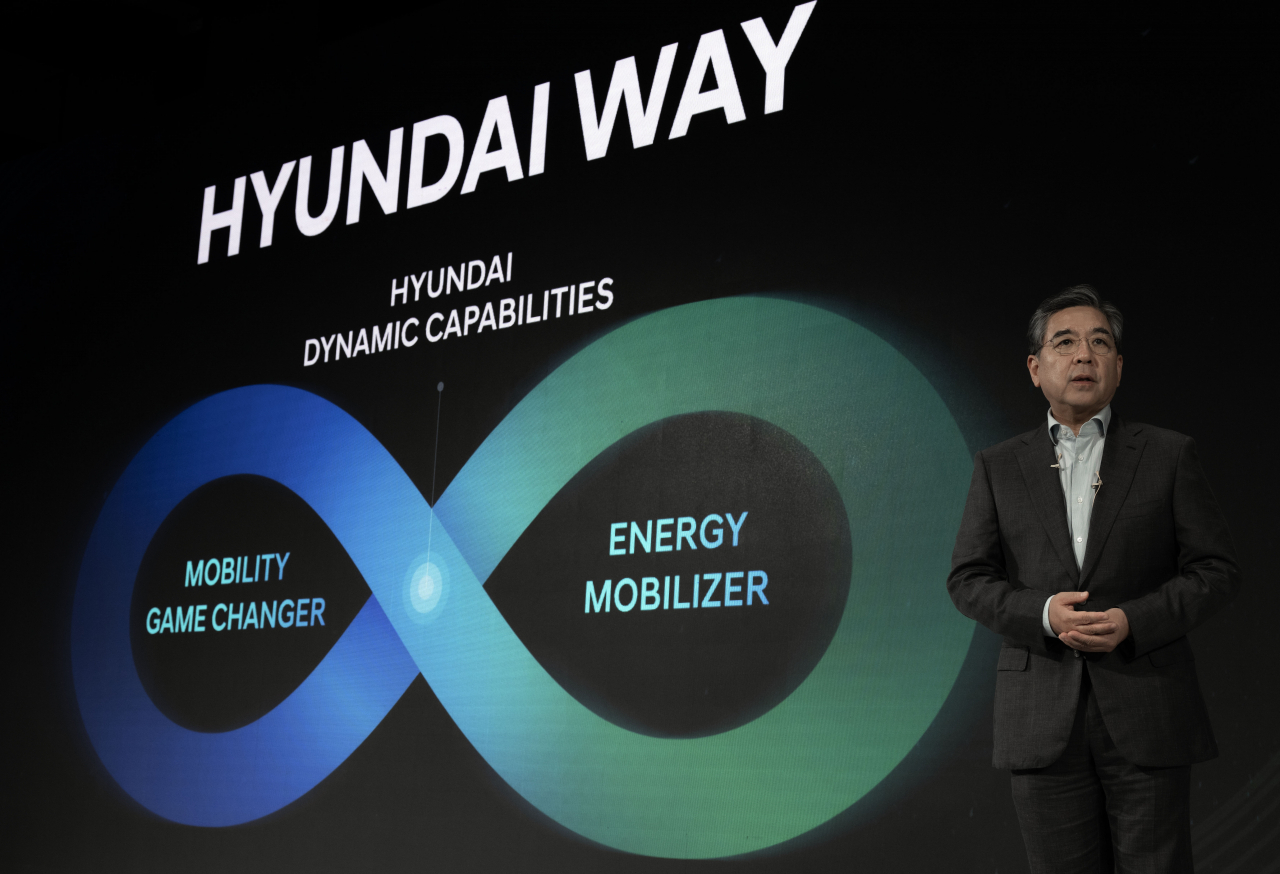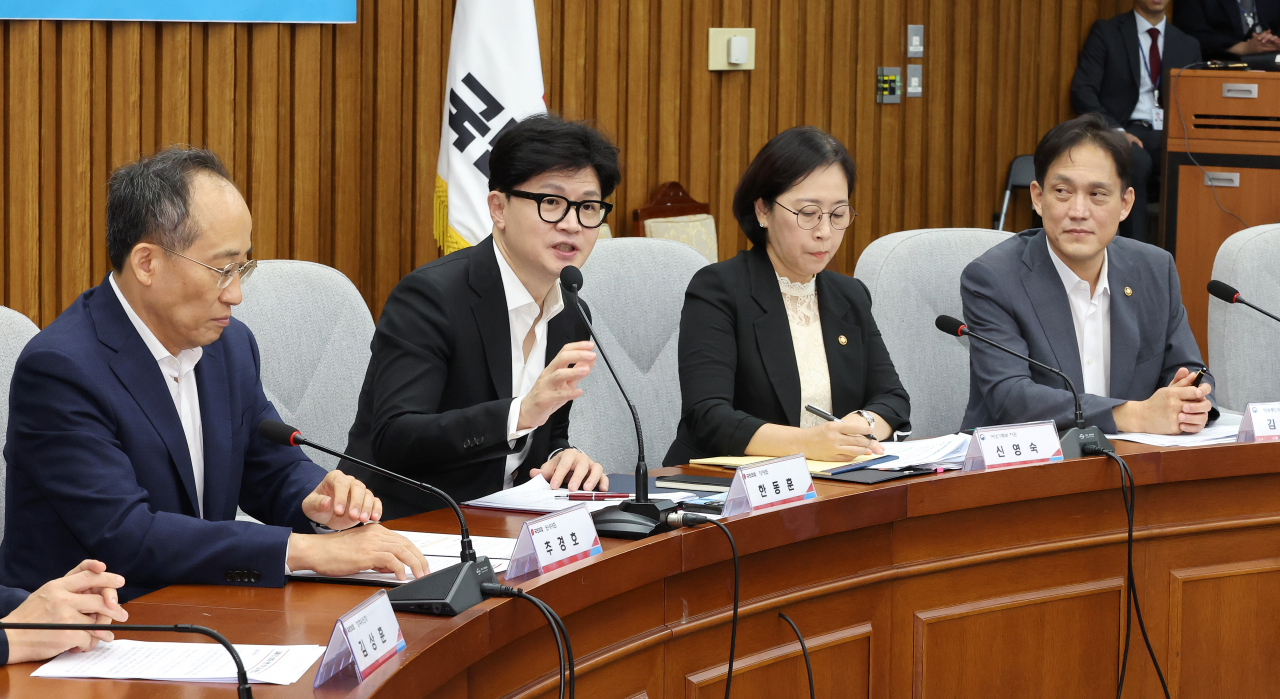Uber, Lyft futures on the line in Prop. 22 fight
The future of the gig economy is on the ballot this November. But there are only two choices: one that changes how ride-sharing apps like Uber and Lyft operate and another that cedes control to the app makers over the drivers and workers.
That's why Uber and other gig-based apps have raised $200 million to convince California voters to vote "yes" on Proposition 22, according to California campaign finance records. If passed, Prop. 22 would keep drivers and delivery workers as independent contractors, as they've been since the apps started. The companies' huge push is even more cutthroat after a late October court ruling determined Uber and Lyft must treat California drivers as employees.
How we got here
Prop. 22 is the gig-based apps' response to a new California worker classification law that went into effect in January 2020, Assembly Bill 5 (known as AB 5). For companies like Uber, Lyft, DoorDash, Instacart, Postmates, and others, the passage of AB 5 means drivers and couriers must be classified as employees. These companies currently consider their workers as independent contractors, who don't qualify for health benefits, sick pay, or minimum wage.
The app-based companies' refusal to accept AB 5 as law throughout 2020 has been messy. Back in May, the California attorney general sued Uber and Lyft for misclassifying its drivers after they refused to make the change. That suit led to a California Superior Court injunction in August where a judge said Uber and Lyft had to start obeying the law. Lyft and Uber responded by threatening to shut down all ride-hailing until the election. A last-minute stay on the injunction through the Court of Appeals meant that didn't happen. It was a lot.
Then on Oct. 22 —less than two weeks before the election — the state appeals court upheld the court's August ruling, meaning California-based Lyft and Uber drivers must be classified, paid, and treated as employees. The decision won't go into effect until after the election, so Prop. 22 will determine the outcome of the state's lawsuit. The proposition's passage would supersede the appeals court decision to classify them as employees.
Throughout, Lyft and Uber have kept campaigning and financially backing Prop. 22 efforts. That's because if Prop. 22 passes, companies like Uber would establish their own specific and somewhat convoluted benefits plan instead of offering a standard benefits package that's common to other employers.
Prop. 22 proposes paying the difference between net earnings and an earnings floor based on a multiple of the minimum wage for drivers' and delivery workers' engaged time and mileage on the app; setting driving time limits; providing healthcare subsidies to qualifying drivers and couriers each month; and offering accident, disability, and death insurance. The companies (and their lobbyists) maintain control: Any changes to the legislation would require a 87 percent majority vote among California legislators.
The companies would also have to develop anti-discrimination and sexual harassment policies under Prop. 22, but drivers wouldn't be able to organize independently. With AB 5 there's a lot of movement toward establishing a driver and gig-worker union or including gig workers into other unions.
The ballot initiative only affects California, but as Diana Tsudik, partner and managing attorney for the Los Angeles law firm Gilson Daub who specializes in workers' comp, said in a conversation about the provision, "California is a bell-weather state" and decisions here about gig work "will reverberate throughout the country and at the federal level." Similar reclassifications are in discussion in New York, New Jersey, Massachusetts, and beyond.
Jackie Glassman, an automotive sector regulatory lawyer at King & Spalding and former chief counsel for the National Highway Traffic Safety Administration (NHTSA), noted Prop. 22 is one of the few initiatives on any ballot this November that could directly affect transportation options for the public. "Obviously the focus is on healthcare and [COVID-19]," she said. Anything related to cars, infrastructure, and public transit is "on the back-burner."
Although Prop. 22 is more of a labor issue, its outcome could have an effect on how we get around and order food and products online. The costs and wait times we're used to for rides and grocery orders might increase if it fails to pass or ride-hailing could become more like a traditional black car service.
Uber claims under AB 5 (which would be enforced as the law if Prop. 22 fails in November, in theory) rides would be more expensive for passengers and drivers would have fewer work opportunities.
Tweet may have been deleted
Pushing for Prop. 22, replacing AB 5
Stride Health, a health insurance company for Uber and Lyft, said a September survey of 1,500 rideshare and delivery drivers found only 27 percent of respondents would keep working under an AB 5 work structure with pre-assigned shifts.
In a recent blog post Uber claimed 76 percent of its California drivers wouldn't be able to work on the platform and 158,000 "work opportunities" in California would be eliminated if Prop 22 fails. Both Lyft and Uber already threatened to pull all its drivers out of California this summer and shut down ride-hailing service if forced to comply with AB 5.
An Uber economist shared data about how many drivers work full-time on the app throughout the state: In San Francisco and LA, 11 percent of drivers average more than 40 hours per week. The companies argue that the full-time benefits of AB 5 will end up helping only a small percentage of drivers.
Keeping AB 5, rejecting Prop. 22
But that's where opposition to Prop. 22 disagrees. The "No" campaign is backed by a coalition of groups like Gig Workers Rising, Rideshare Drivers United, We Drive Progress, and Mobile Workers Alliance that believe all drivers working part-time, occasionally, or full-time will benefit from employee status. In 2020, the official no campaign has raised a fraction of its opposition's war chest: Just over $18.5 million.
Even with less money spent, the no campaign has been active in its fight to uphold AB 5 and deliver the benefits drivers should receive. The groups have staged protests at Uber and Lyft HQs, led driver caravans up and down the state, and hosted Zoom calls defending worker rights. Big political players like U.S. Sen. Bernie Sanders and women's rights attorney Gloria Allred have come out against Prop. 22.
Tweet may have been deleted
An op-ed from an Uber engineer made waves this month for calling out Uber and the other companies for taking advantage of the gig workforce. The worker said he would be voting against Prop. 22 because "Uber refuses to obey the law and is now seeking to get Prop 22 passed so they can write a new set of rules for themselves." The New York Timeseditorial board last week made a similar argument against the initiative: "Rejecting Prop 22 is a chance finally to ensure gig workers the protections all workers deserve."
Uber drivers supporting the "No" campaign sued Uber over those messages, as the Washington Postreported this week.
During one of Gig Workers Rising's calls this summer, a Lyft and Uber driver in Southern California pledged to "fight for drivers' rights." The longtime driver said, "Drivers are people, too."
Tweet may have been deleted
Meanwhile, Uber, Lyft, Instacart, Postmates, and DoorDash have been pushing out studies and talking points about driver and delivery worker flexibility. Emails and notices on the Uber app to Uber riders have been relentless: "Why communities of color support Prop 22," "Why drivers support Proposition 22," "SF Chronicle endorses Prop 22," "MADD endorses Prop 22," "Ask your driver about Prop 22" are just some of the subject lines sent out in the past two months.
Uber CEO Dara Khosrowshahi has been busy speaking out and writing op-eds, like his August New York Timesarticle where he called for a "third way" for gig workers: "Our current system is binary, meaning that each time a company provides additional benefits to independent workers, the less independent they become."
SEE ALSO:Seattle becomes 2nd U.S. city to guarantee Lyft and Uber drivers a minimum wageKhosrowshahi has been deliberate and consistent in how he talks about Prop. 22 — whether on a New York magazine podcast or a Washington Postlivestream — always emphasizing driver flexibility and independence.
With Prop. 22 on the ballot, the gig economy is at stake. Gig work either is transformed into a new worker classification model based on the state's AB 5 legislation that turns Uber drivers into full-time employees or control is completely handed off to the companies themselves. Now it's up to voters to determine what ride-hailing and food delivery will look like going forward.
(责任编辑:新闻中心)
 Microwave technique recovers 87% of batteries' lithium in 15 minutes
Microwave technique recovers 87% of batteries' lithium in 15 minutes Chrissy Teigen shuts down criticism over breastfeeding Instagram
Chrissy Teigen shuts down criticism over breastfeeding Instagram We need to talk about the Keebler cookie Twitter account
We need to talk about the Keebler cookie Twitter account Ronny Jackson withdraws from VA nomination process.
Ronny Jackson withdraws from VA nomination process. I used the Pixel 9 Pro XL in the shower — does the screen work when wet as claimed?
I used the Pixel 9 Pro XL in the shower — does the screen work when wet as claimed?
- 21 College and University Museums
- Celebrities share heartfelt and funny messages from home while self
- No backdown on four
- 双11就吃德庆贡柑!2023年德庆贡柑文化节举办
- Wordle today: The answer and hints for August 29
- Republican Debbie Lesko won the Arizona special election, but it wasn’t a total loss for Democrats.
- Photos show Venice's canals eerily empty during coronavirus pandemic
- Ronan Farrow on the demise of the State Department, President Trump, and the power of Mike Pompeo.
-
'Hyundai Way': Auto giant's W121tr plan aims to seize mobility market lead
 Hyundai Motor Company President and CEO Chang Jae-hoon introduces the 10-year "Hyundai Way" strategy
...[详细]
Hyundai Motor Company President and CEO Chang Jae-hoon introduces the 10-year "Hyundai Way" strategy
...[详细]
-
A collection of photos of Neymar lying on the ground.
 Brazil's Neymar da Silva Santos Júnior has become a highlight of the 2018 World Cup — n
...[详细]
Brazil's Neymar da Silva Santos Júnior has become a highlight of the 2018 World Cup — n
...[详细]
-
 雅安日报/北纬网讯9日至10日,市人大常委会副主任彭学松率队前往汉源县,就农业专业合作社发展及运行情况和少数民族地区产业发展情况进行调研。调研组先后深入富林镇青富村、安乐乡、片马彝族乡等地,察看皇菊烘
...[详细]
雅安日报/北纬网讯9日至10日,市人大常委会副主任彭学松率队前往汉源县,就农业专业合作社发展及运行情况和少数民族地区产业发展情况进行调研。调研组先后深入富林镇青富村、安乐乡、片马彝族乡等地,察看皇菊烘
...[详细]
-
 LONDON:Manny Pacquiao said on Wednesday that Cuban Yordenis Ugas, who agreed to put his WBA welterwe
...[详细]
LONDON:Manny Pacquiao said on Wednesday that Cuban Yordenis Ugas, who agreed to put his WBA welterwe
...[详细]
-
Ruling bloc seeks tougher sentences for deepfake sex crimes
 People Power Party Chair Han Dong-hoon speaks during an emergency meeting of government officials an
...[详细]
People Power Party Chair Han Dong-hoon speaks during an emergency meeting of government officials an
...[详细]
-
Australia eyes hosting 2030 or 2034 World Cup
 Australian football chiefs are formulating plans to host either the men's 2030 or 2034 World Cup
...[详细]
Australian football chiefs are formulating plans to host either the men's 2030 or 2034 World Cup
...[详细]
-
 4月25日,国务院召开常务会议决定再推7项税收优惠措施,重点支持创新创业和小微企业发展,一时引起坊间热议。记者从我市税务部门获悉,根据测算,政策执行后,全市预计61户企业将享受税收减免279万元。鼓励
...[详细]
4月25日,国务院召开常务会议决定再推7项税收优惠措施,重点支持创新创业和小微企业发展,一时引起坊间热议。记者从我市税务部门获悉,根据测算,政策执行后,全市预计61户企业将享受税收减免279万元。鼓励
...[详细]
-
 喊全球尝荔乡味道!广东高州展团亮相第二十届农交会_南方+_南方plus11月9日至12日,第二十届中国国际农产品交易会以下称“农交会”)在山东青岛举办,来自广东省茂名高州市的多家农产品企业组成广东高州
...[详细]
喊全球尝荔乡味道!广东高州展团亮相第二十届农交会_南方+_南方plus11月9日至12日,第二十届中国国际农产品交易会以下称“农交会”)在山东青岛举办,来自广东省茂名高州市的多家农产品企业组成广东高州
...[详细]
-
 Scout Brobst ,July 30, 2024 Venture Missio
...[详细]
Scout Brobst ,July 30, 2024 Venture Missio
...[详细]
-
 双11就吃德庆贡柑!2023年德庆贡柑文化节举办_南方+_南方plus又到了一年一度的贡柑收获季节。11月11日,广东省肇庆市德庆县的德庆贡柑正式开摘,以“崇德致庆,贡享柑甜”为主题的2023年德庆贡
...[详细]
双11就吃德庆贡柑!2023年德庆贡柑文化节举办_南方+_南方plus又到了一年一度的贡柑收获季节。11月11日,广东省肇庆市德庆县的德庆贡柑正式开摘,以“崇德致庆,贡享柑甜”为主题的2023年德庆贡
...[详细]
- Black Friday GPU Buying Guide: November GPU Pricing Update
- 农业产业发展 要以质量拓宽销路
- North Korea's largest youth group to hold first congress in 5 years next week
- A photo essay from 6 feet away: How New Yorkers are handling life on pause
- What to expect when a tech bubble bursts
- 双11就吃德庆贡柑!2023年德庆贡柑文化节举办
- Fitbit's Charge 4 is the company's first tracker with built

